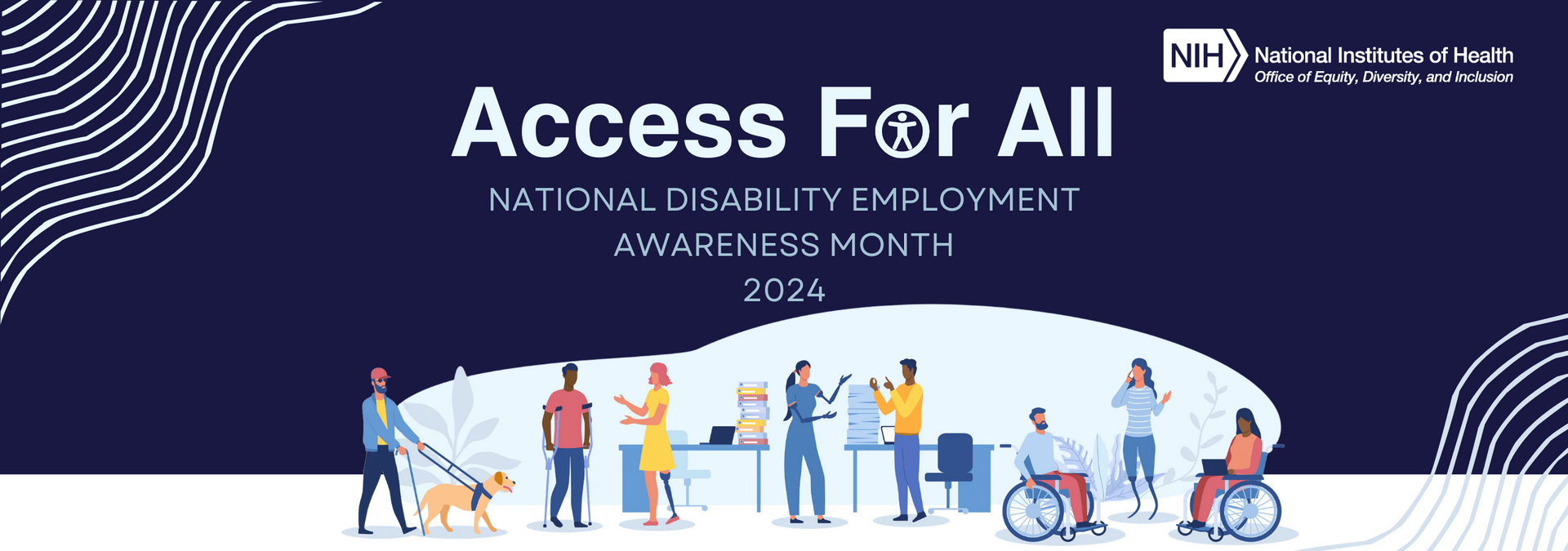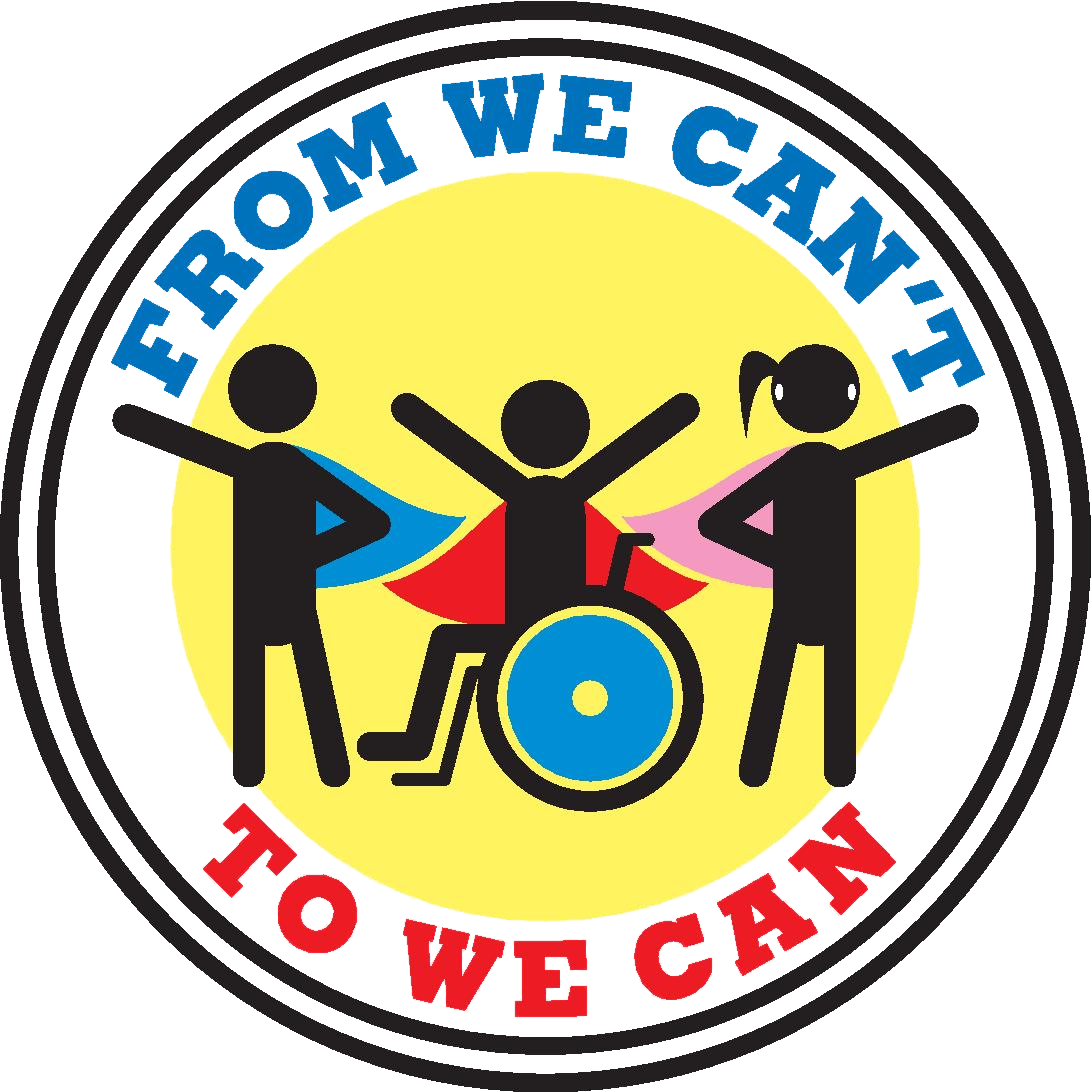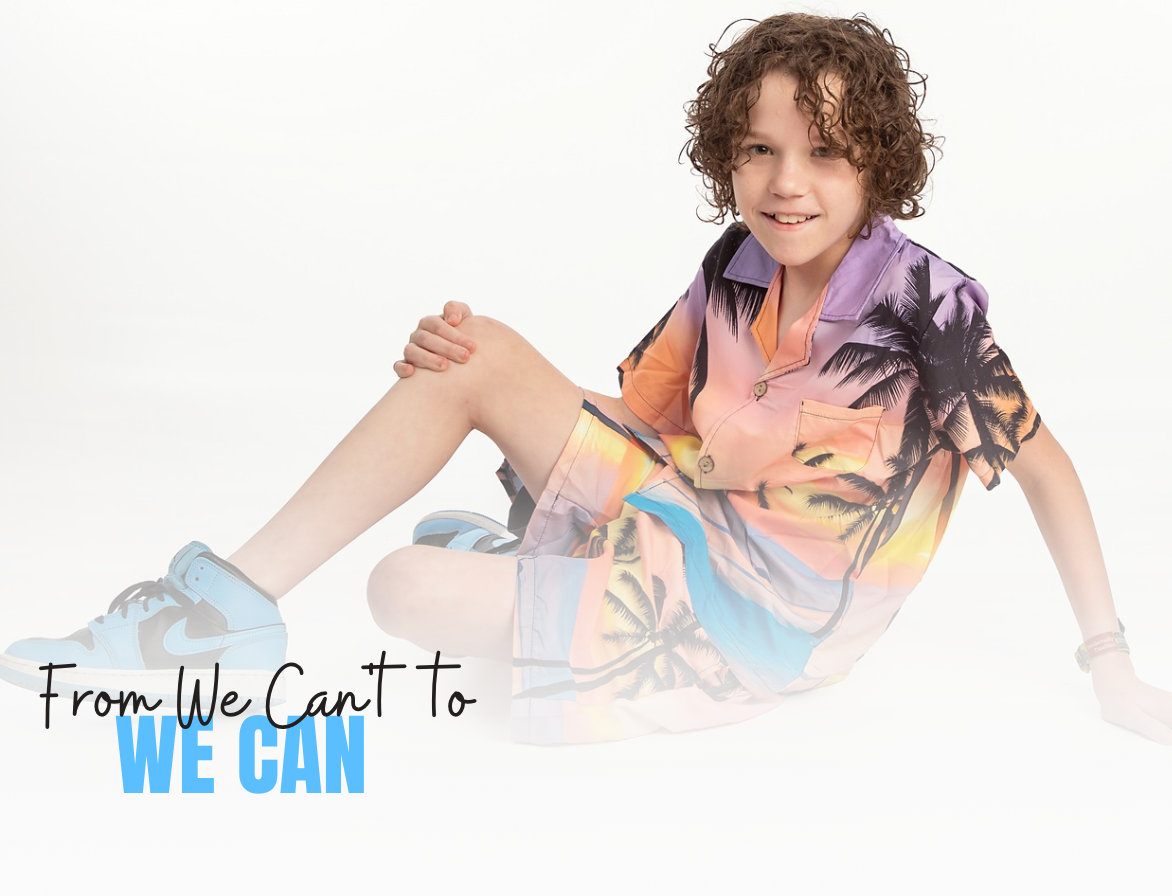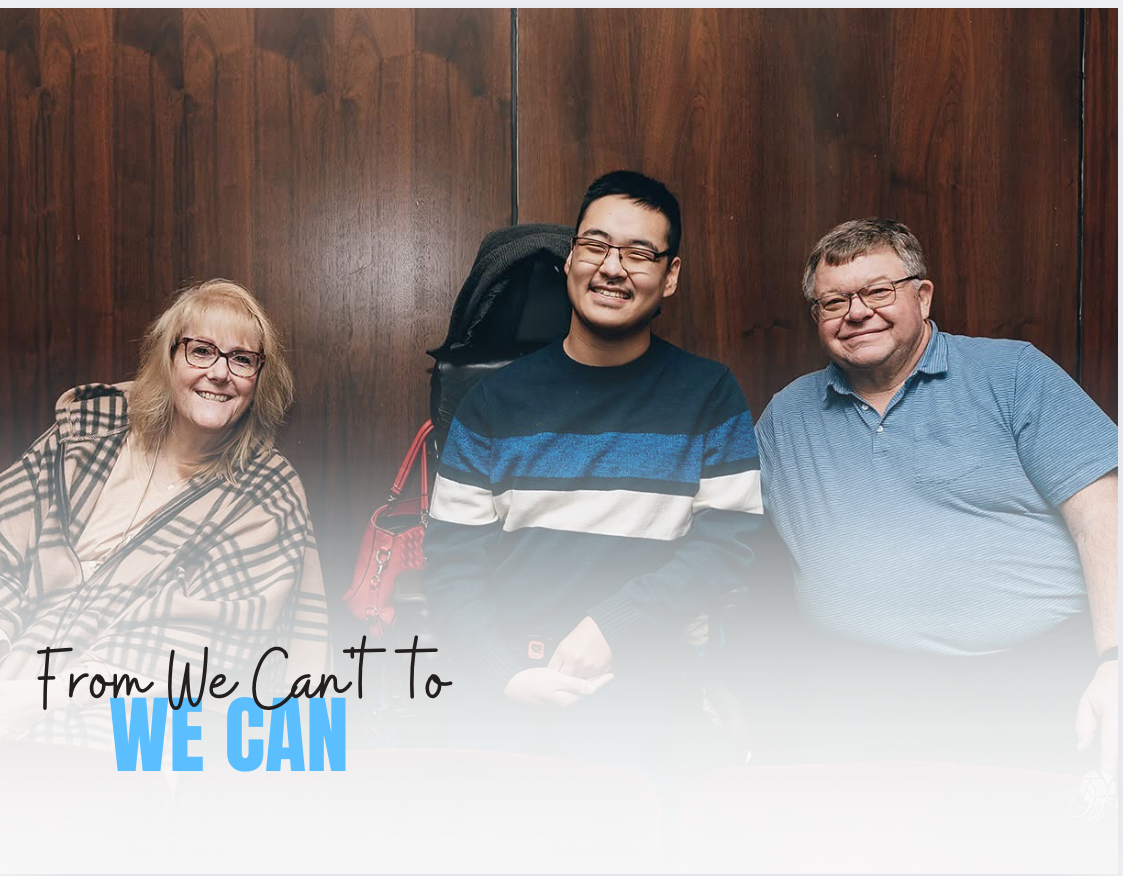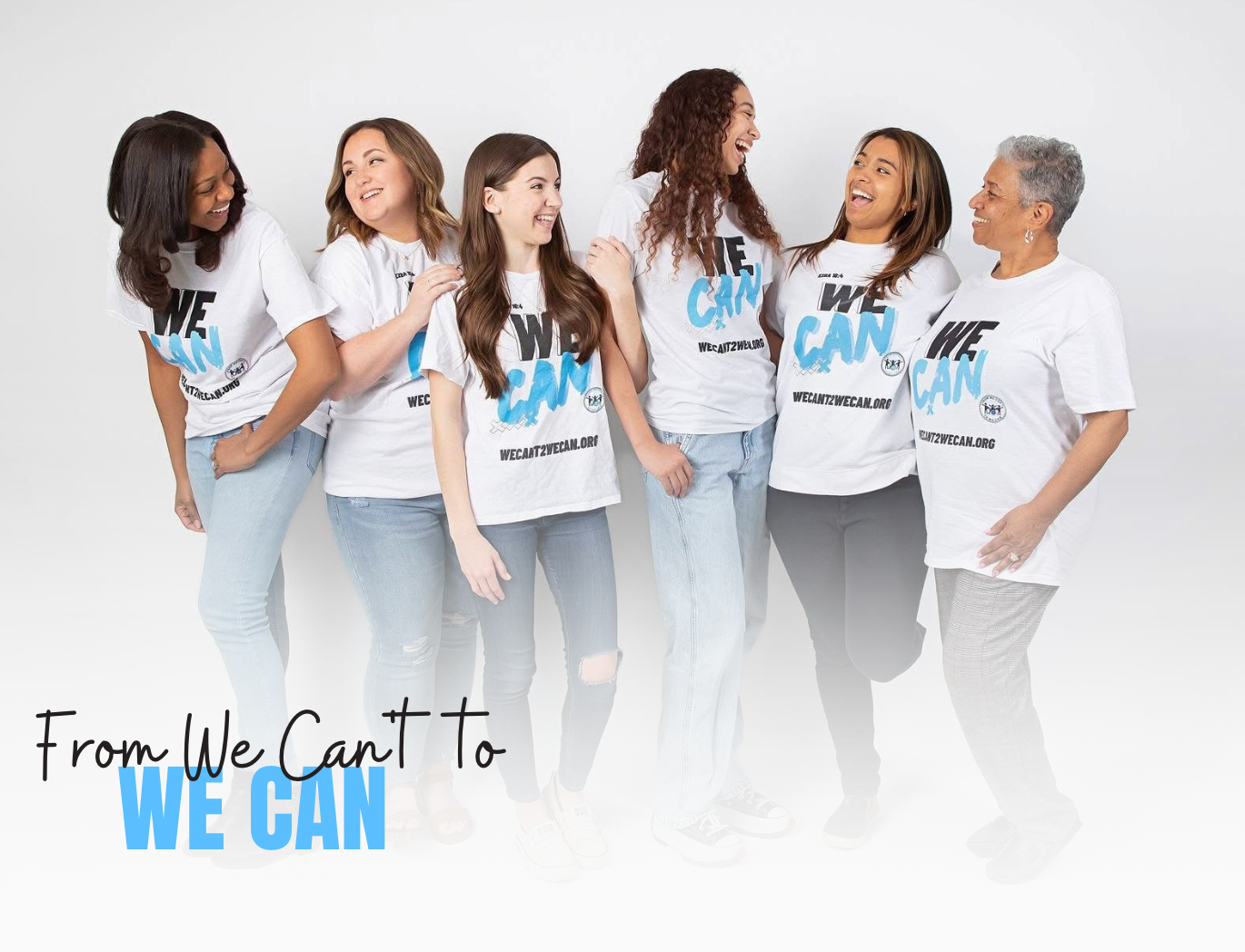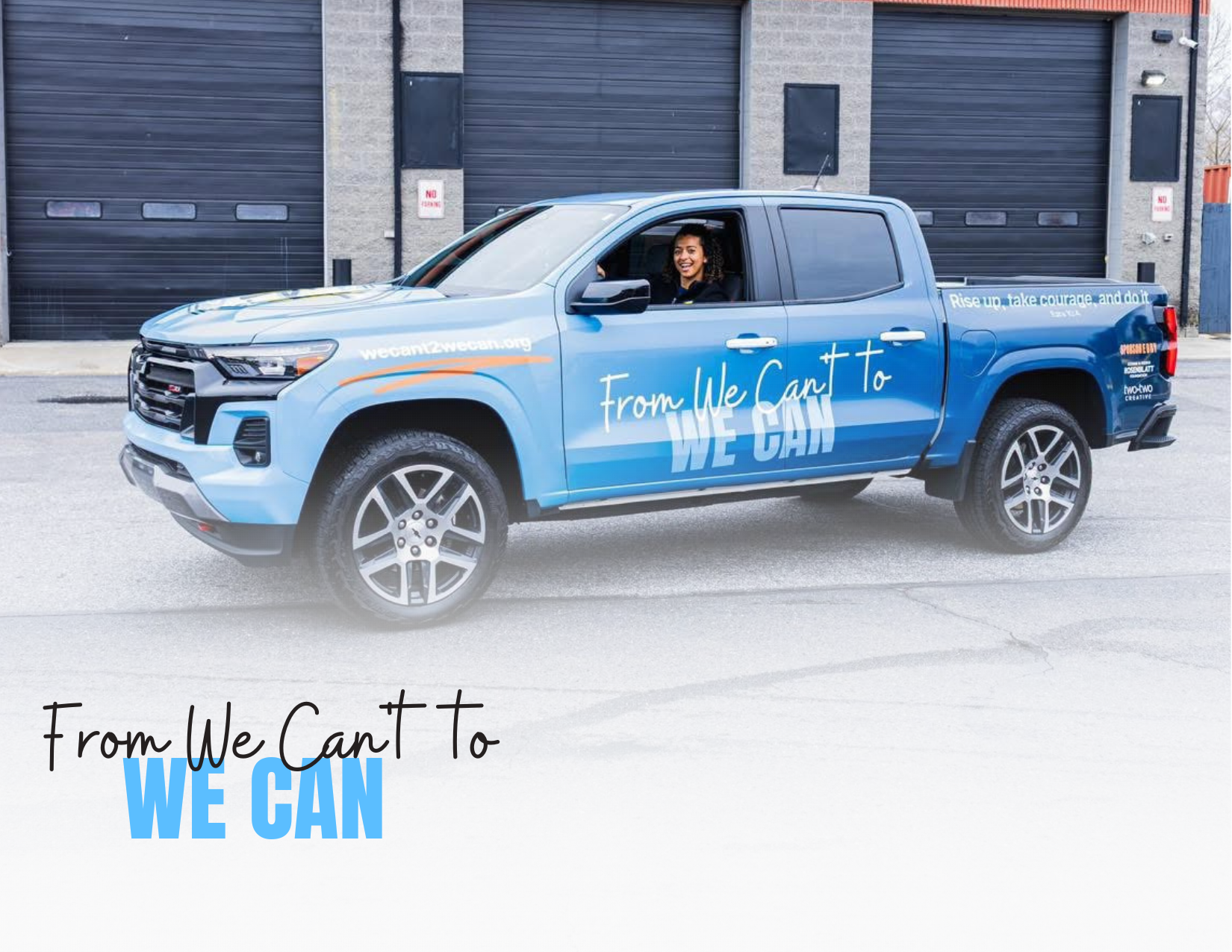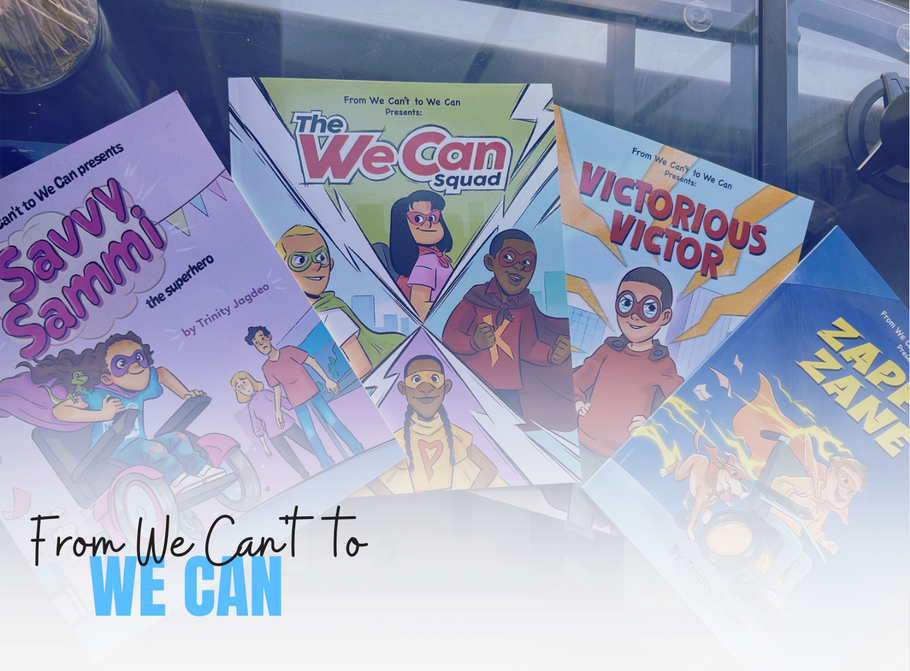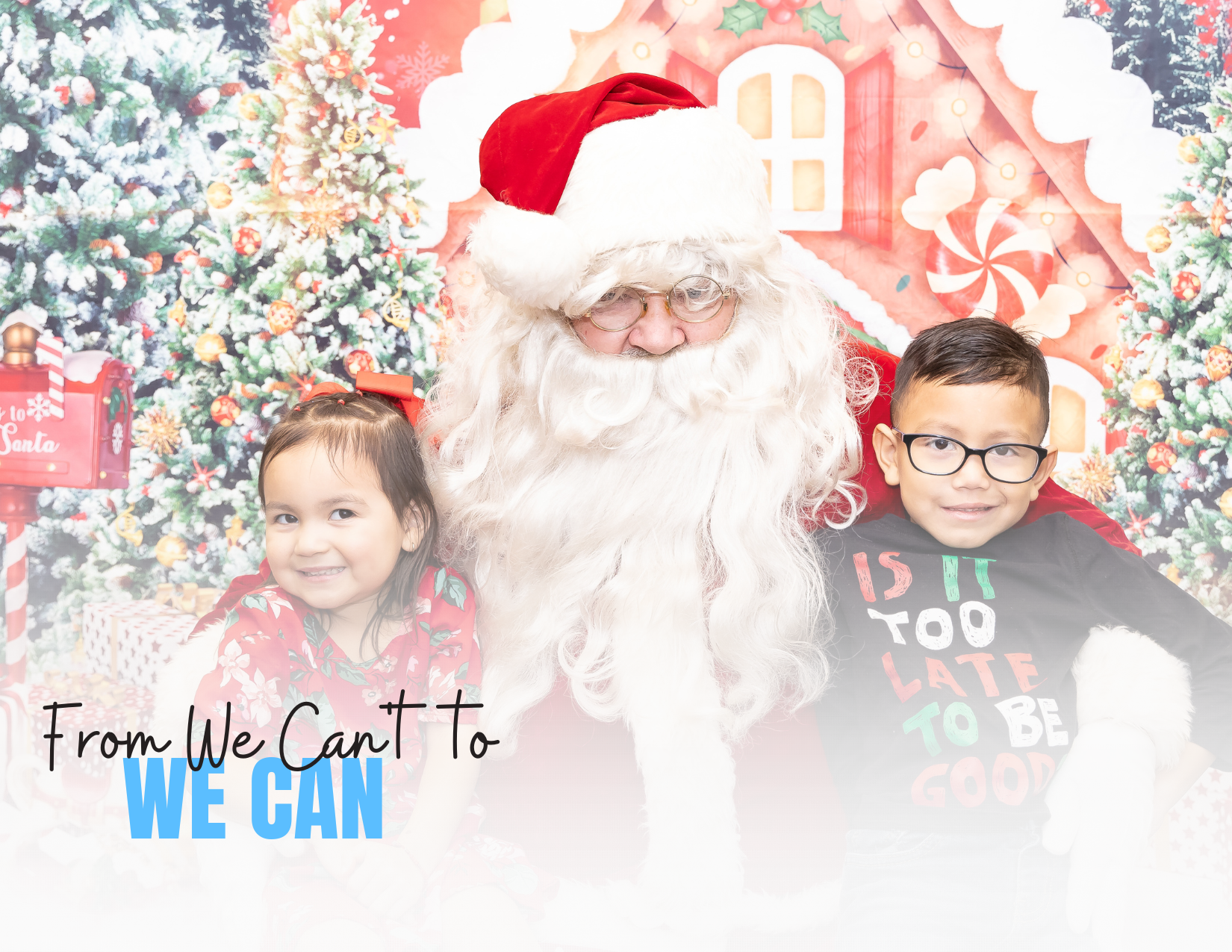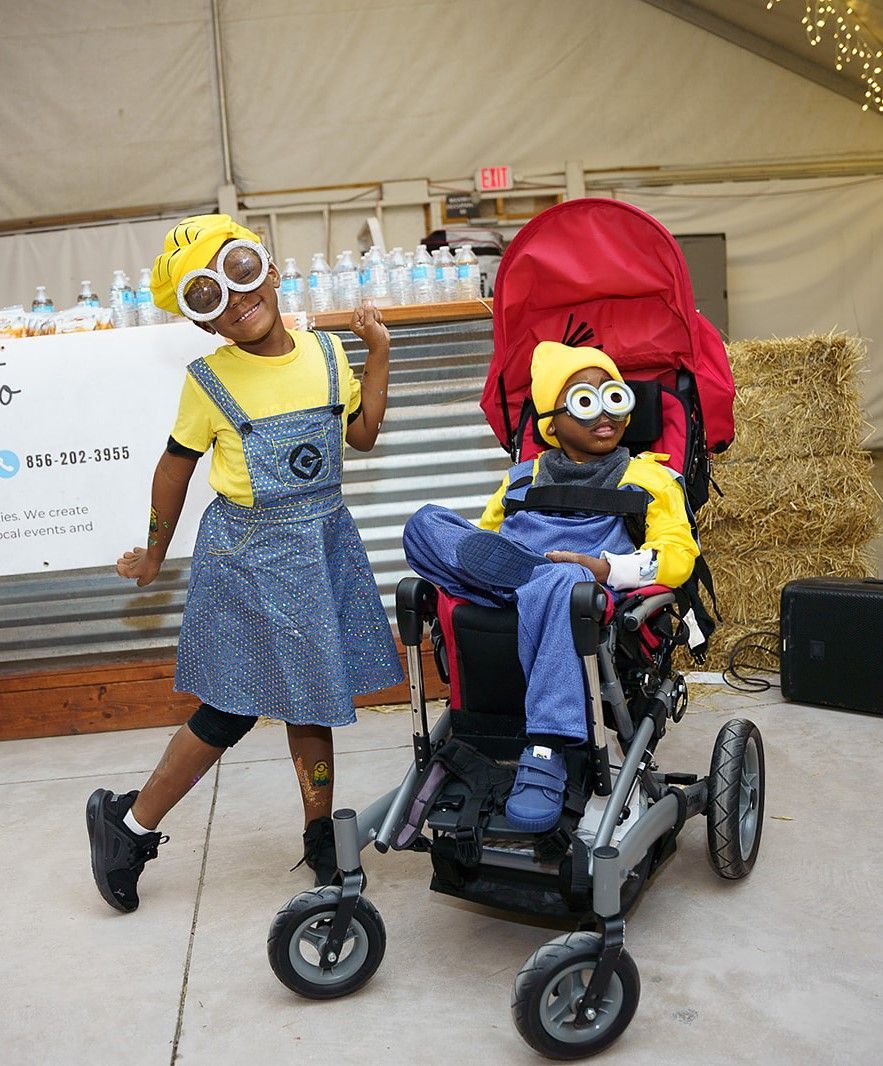Rare, Resilient, Remarkable
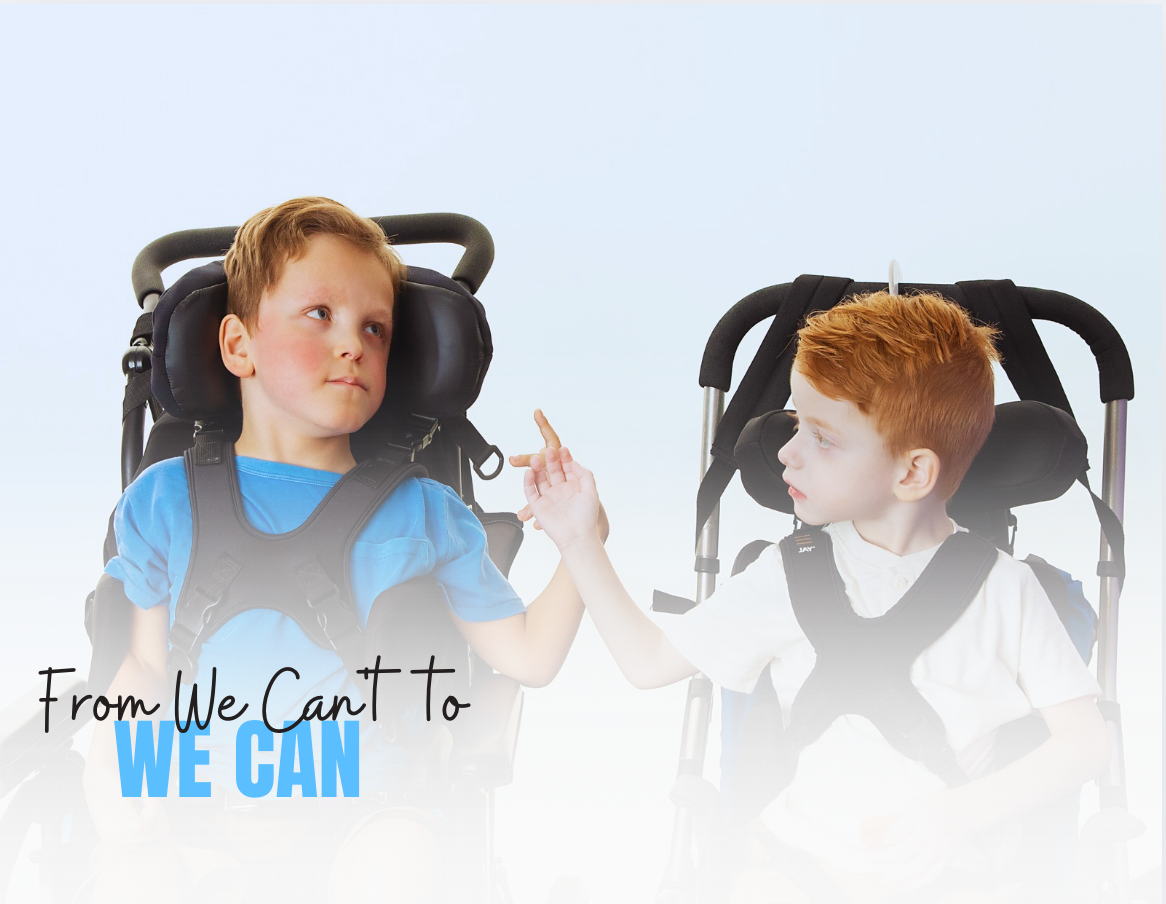
Rare Disease Day, first proclaimed by the European Organization for Rare Diseases, was initially celebrated on February 29, 2008—a date as rare as the conditions it seeks to highlight. Held on the last day of February each year, this observance raises awareness for rare medical conditions while advocating for equitable treatment and compassionate care.
In the United States, approximately 1 in 10 individuals lives with a rare disease, and half of those affected are children. Globally, over 300 million people face the challenges of these conditions. Advocates, healthcare workers, researchers, and policymakers use Rare Disease Day to shine a spotlight on the urgent needs of this community—whether through advancing treatment options, finding cures, or saving lives. Yet, according to the Food and Drug Administration (FDA), a staggering 95% of rare diseases still lack an approved treatment plan.
In a recent interview, Tara H. shared the remarkable journey of her young son. Darian, who is 7 years old. Darian faces a few rare genetic conditions – so rare that one of them is unique to him – that were discovered when he was just a few months old. Every day, he navigates life with a tracheostomy and a feeding tube, is nonverbal, and manages epilepsy and cerebral palsy. Yet, these challenges do not define him. Darian shines as a devoted big brother to his younger sister, Teah, excels academically, and enjoys making new friends. To Tara, he is the epitome of resilience in the face of adversity.
Darian’s life is a wonderful blend of challenges and triumphs. He loves being outdoors, swinging, and bowling, and thrives when surrounded by people who actively engage with him. While his condition sometimes prompts questions—such as, “Why is he in a chair?” or “Why does he need help breathing?”—Tara sees these moments as opportunities for learning and teaching. She recommends other parents to welcome curiosities from children who may be unaware of abilities different than their own. Her advice to parents is clear: become your child’s greatest advocate and never hesitate to ask for help when needed. And for children, she encourages them to keep the faith, always have hope, and embrace change.
Although the family cannot participate in community events as frequently as they would like, they make every effort to join walks, runs, and Trinity’s events whenever possible. Darian’s favorite events with From We Can’t to We Can are fashion shows and photoshoots. The nonprofit’s one-year anniversary was particularly meaningful, as Darian’s family received generous donations generated from the event. Initiatives like The Resource Recycler and heartwarming Christmas parties further highlight the invaluable support and mission of the organization, which means the world to the family.
Tara hopes that her family’s story teaches a vital lesson: being different does not mean being less. She wants people to recognize that children with special needs—and even those without—are celebrated as unique gifts, each offering important lessons in authenticity and strength. One of Tara’s favorite analogies is, “People are like stained glass: we are all a little broken, and that’s how the light gets in.” She encourages everyone to support their local communities. If you see someone in need, ask how you can help. Get involved with local nonprofits, do your research, make donations if you can, and don’t be afraid to ask for resources. Above all, treat everyone with kindness, especially those who may seem different.
Ultimately, Darian’s story and Tara’s message is one of hope and advocacy—for both parents and children alike. They remind us that every challenge can be met with courage and that every effort to support one another builds a brighter future for all.
You may want to read more of our blog...
We Can Blog
